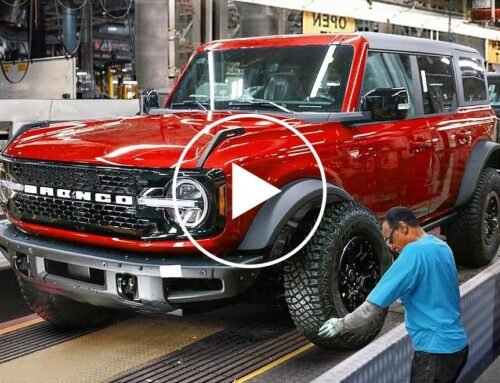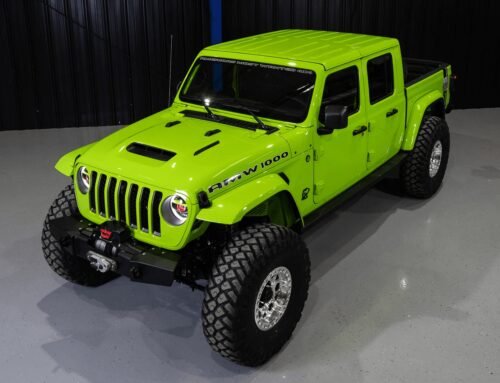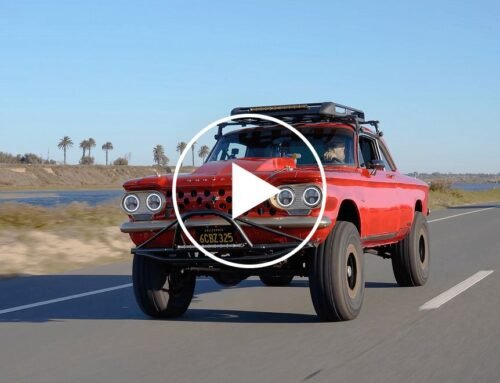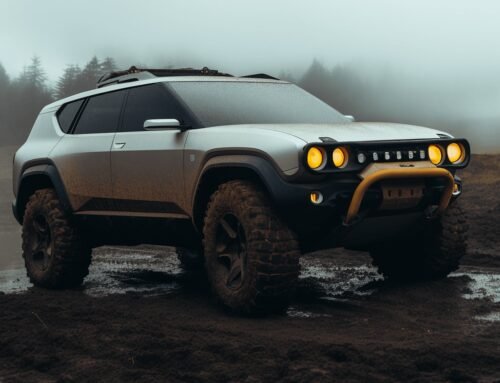Who will Apple turn to next?
One of the biggest news items in recent weeks was the potential partnership between Hyundai Motor Group and Apple. The South Korean automaker ultimately decided not to pursue an agreement for a number of reasons, among them the tech giant’s request to brand the new model the ‘iCar,’ rather than selling it as a Hyundai or Kia. This would have essentially turned the automaker into a hardware supplier thanks to its mass vehicle production capabilities. As we also learned, Apple began shopping elsewhere once those talks fell through.
Nissan and Apple were supposedly holding discussions last week about their own agreement but according to the Financial Times, those talks never proceeded to senior management levels. One of the main reasons appears to be the same as with Hyundai: branding.
 Apple
Apple
 Apple
Apple


Although Nissan shares briefly increased for a day or so last week following reports of a potential deal, the Japanese automaker has made it crystal clear it’s no longer interested. Nissan COO Ashwani Gupta did, however, leave the door open for future talks with other technology companies, such as Google, for other possible partnerships in the areas of autonomous driving and connected vehicles.
“We have to check who has got the best competency to catch what the customer is thinking,” Gupta said. “For this, we can do the partnership, but that is to adapt their services to our product, not vice versa.” The automaker is currently launching new and/or heavily update vehicles in its most important markets, including North America.
Last week, the new Nissan Pathfinder and Frontier were unveiled and the all-electric Ariya crossover will go on sale shortly. As for Apple, its electric vehicle, codenamed Project Titan, actually dates back to 2014 and has undergone a number of internal leadership changes. Aside from Hyundai and Nissan, BMW was once considered a potential partner. Apple declined to comment on the report but this doesn’t necessarily mean it’s back to square one. It still wants to launch an EV by 2024.
It might, however, need to rethink its proposed partnership with automakers. Instead of demanding an automaker do nothing more than build the vehicle with its famous Apple logo front and center, the tech company should examine other avenues of cooperation, such as software integration.
Source Credits:





